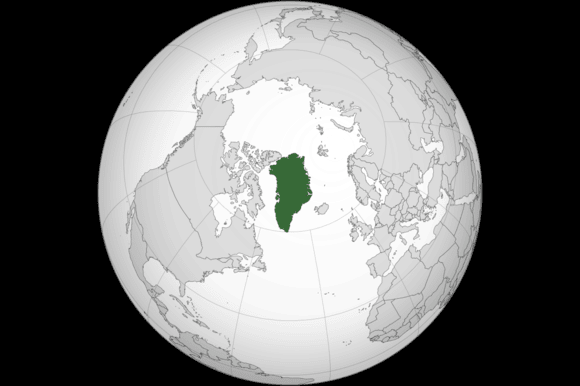The center-right Demokraatit Party emerged as the leading party in Greenland’s parliamentary elections, a surprising outcome given the backdrop of President Donald Trump’s expressed ambition to assert control over the island. Both the Demokraatit Party and the runner-up, Naleraq Point of Orientation, advocate for independence from Denmark, although they differ in their approaches to achieving this goal.
Demokraatit’s unexpected triumph over long-standing governing parties suggests that many Greenlanders prioritize issues such as healthcare, education, cultural heritage, and other social policies. The surprising election results followed a day of significant voter turnout in the capital, Nuuk, where large crowds gathered at polling stations under clear skies. Voting officials, fatigued yet dedicated, extended polling hours beyond the scheduled 8 PM local time to ensure that all individuals in line were able to vote.
Prime Minister Mute Bourup Egede had called for early elections in February, emphasizing the need for national unity during an unprecedented period in Greenland’s history. President Trump has been vocal about his intentions regarding Greenland, stating in a recent address to Congress that he believed the United States would acquire the territory eventually. Greenland, which operates as a self-governing region of Denmark, occupies a crucial position along key air and sea routes in the North Atlantic and is rich in rare earth minerals essential for various technologies, including mobile devices and renewable energy solutions.
Egede’s Inuit Ataqatigiit (United Inuit) was widely anticipated to secure victory in the election, with Siumut following closely behind. These two parties have been the dominant forces in Greenland’s political landscape in recent years. Although a break from Denmark was not officially on the ballot, it was a prevalent topic of discussion among the electorate. The island, home to 56,000 residents, has been pursuing a path toward independence since at least 2009, and the 31 elected lawmakers will play a crucial role in determining whether the time has come to pursue independence formally.
Four of the five principal parties in the election expressed a desire for independence, yet they differed significantly on the timing and methodology of achieving it. Naleraq advocates for a more assertive approach to independence, while Demokraatit supports a more gradual transition. The outcome regarding the approach to independence will ultimately hinge on whether Demokraatit opts to form a coalition government and, if so, with which party, as noted by Dwayne Menezes, managing director of the Polar Research and Policy Initiative.






